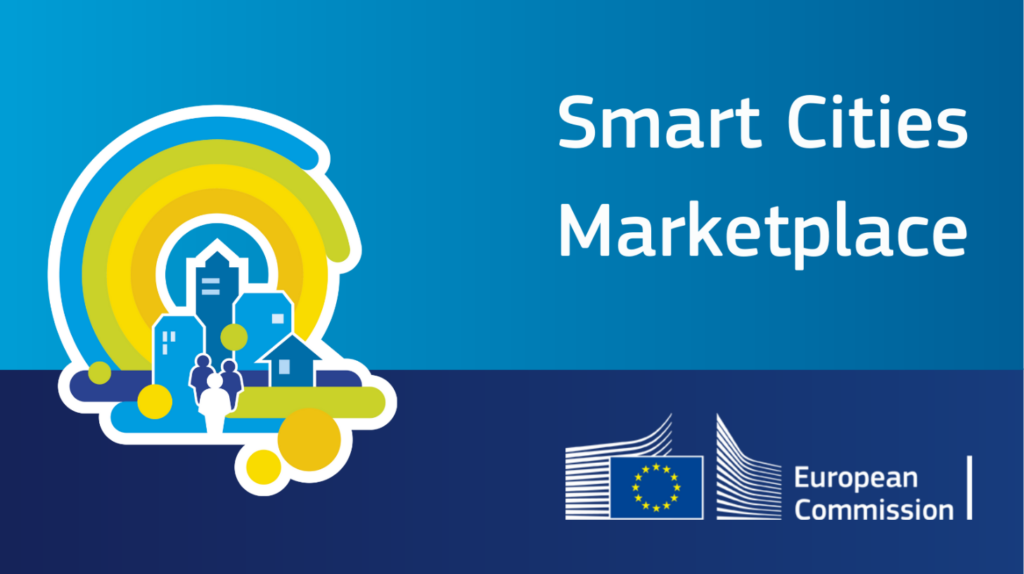The Green Cities consortium developed the blog post “Good Practices of Smart Cities in Partner Countries” under the EU-Funded Project Youth Participation for Developing Sustainable Green Cities (reference number: 2022-1-DE04-KA220-YOU-000085135). L4Y Learning for Youth GmbH is leading the project alongside partners Citizens in Power, Toplum Gönüllüleri Vakfı, Kean, Walktogether, and Kaán Károly Környezetvédelmi Egyesület.
This blogpost is based on the training content developed for the Green Cities project. For more content like this, click here. If you would like learn more about the topic, we suggest enrolling in our free online training course. In the platform, you will also find the full list of references and extra suggested reading material.
To keep up to date with the project news, follow our YouTube Channel, as well as the project’s social media pages X and Instagram. Additonally, you can also join our Discord community.
Introduction
In the face of global challenges like climate change, resource depletion, and urbanization, countries are pioneering innovative solutions for sustainable development. Consequently, these “good practices” serve as exemplary models to emulate. For example, partner countries have made significant strides in renewable energy, sustainable agriculture, water management, and urban mobility. Therefore, by exploring these case studies, we can gain insights into effective strategies for achieving sustainability goals and improving the quality of life.
Understanding Good Practices
Good practices, also known as best practices, refer to methods, processes, or techniques that have consistently shown results superior to those achieved with other means. Moreover, these practices are usually well-documented, evidence-based, and can be replicated across different contexts. In the realm of sustainability, good practices often involve innovative approaches to reducing environmental impact, enhancing social equity, and fostering economic resilience.
Good Practices in Partner Countries
Germany: Energiewende (Energy Transition)
Germany’s Energiewende aims to transform the nation’s energy system toward renewable sources like wind, solar, and biomass. Initiated in the early 2000s, this transition focuses on phasing out nuclear power, reducing greenhouse gas emissions, and increasing energy efficiency. Consequently, the initiative has led to significant investments in renewable energy infrastructure, green jobs, and a reduction in fossil fuel reliance. Thus, Germany’s commitment to clean energy serves as a model for other countries.
Key Outcomes:
– Significant reduction in carbon emissions.
– Increased investment in renewable energy projects.
– Enhanced energy security and independence.
Greece: Agroecological Farming
In Greece, agroecological farming has emerged as a sustainable alternative to conventional agricultural practices. This approach emphasizes enhancing soil health, biodiversity, and ecosystem resilience while minimizing synthetic inputs. Techniques such as crop rotation, polyculture, and integrated pest management are integral to this practice. Consequently, agroecological farming supports environmental conservation, food security, and rural development.
Key Outcomes:
– Improved soil fertility and biodiversity.
– Reduction in chemical inputs and associated costs.
– Increased resilience to climate change impacts.
Cyprus: Sustainable Water Management
Cyprus, with its arid climate and limited water resources, has developed innovative sustainable water management strategies. For instance, these include desalination plants to convert seawater into potable water, rainwater harvesting systems for irrigation, and water recycling initiatives. Therefore, these measures address water scarcity, ensure reliable access to clean water, and support agricultural and economic development.
Key Outcomes:
– Enhanced water security and availability.
– Reduced dependence on external water sources.
– Support for agricultural sustainability and growth.
Hungary: Budapest Bike Sharing System
Budapest’s Bike Sharing System exemplifies successful urban mobility initiatives. Launched to promote cycling, the system provides easy access to bicycles for residents and visitors. Consequently, this initiative reduces traffic congestion, lowers air pollution, and promotes physical activity. Hence, the bike-sharing program contributes to a healthier and more sustainable urban environment.
Key Outcomes:
– Reduction in urban traffic and associated emissions.
– Increased adoption of cycling for daily commutes.
– Promotion of active and healthy lifestyles.
Türkiye: Istanbul’s Zero Waste Initiative
Istanbul’s Zero Waste Initiative aims to minimize waste generation and promote recycling across the city. This initiative includes public awareness campaigns, community engagement activities, and robust recycling infrastructure. Moreover, by partnering with local businesses, schools, and government agencies, Istanbul has made significant progress in reducing waste and advancing toward a circular economy.
Key Outcomes:
– Significant reduction in waste sent to landfills.
– Increased recycling rates and resource recovery.
– Enhanced community engagement and environmental awareness.
Bulgaria: Bansko Ski Resort’s Sustainable Practices
Bansko Ski Resort in Bulgaria has implemented sustainable practices to minimize its environmental footprint. These include energy-efficient snowmaking systems, comprehensive waste management programs, and eco-friendly transportation options for visitors. Consequently, Bansko’s commitment to sustainability positions it as a leader in eco-tourism, helping to preserve the Pirin Mountains’ natural beauty while supporting responsible tourism.
Key Outcomes:
– Reduced environmental impact of resort operations.
– Enhanced reputation as an eco-friendly destination.
– Promotion of sustainable tourism practices.
Lessons Learned from the Good Practices of Partner Countries
In examining the good practices of partner countries, several key lessons emerge. Firstly, embracing innovative thinking by adopting new technologies and approaches is essential to address sustainability challenges. Furthermore, stakeholder engagement is crucial, involving communities, businesses, and governments in the planning and implementation processes. Additionally, scalability and replicability are important, as designing initiatives that can be scaled up or adapted to different contexts ensures broader application. Finally, economic viability must be ensured, making sustainable practices economically feasible and providing long-term benefits.
Conclusion
In conclusion, the successful initiatives in partner countries showcase diverse strategies for promoting sustainability and improving quality of life. For instance, Germany’s ambitious energy transition and Greece’s agroecological farming offer valuable insights. Moreover, these examples demonstrate how different regions address their unique challenges through innovative solutions. By learning from these case studies, other countries can adopt and adapt successful practices. Consequently, this fosters a more sustainable and resilient future.













